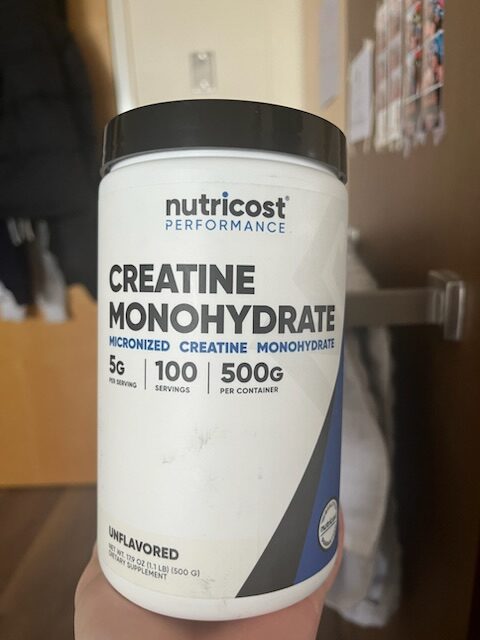
Signs and Symptoms of an Eating Disorder
TW: This content includes references to eating disorders and body image, which may be a sensitive topic to some readers.
Eating disorders can show up in many different ways, making them difficult to recognize at times.




